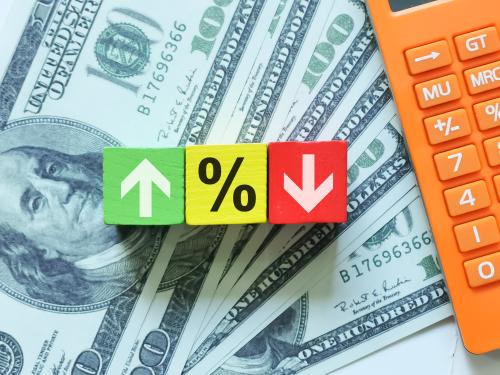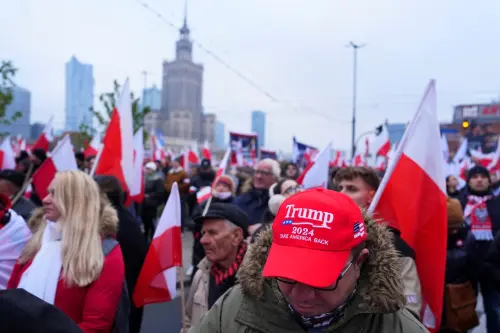The Russian military alert could have been planned months ago, or it could be President Vladimir Putin’s way of warning the new authorities in Kiev that he will not tolerate an outcome that features anti-Russian policies or actions. Either way, the alert demonstrates that Russia has the power and the geographic position to intervene in Ukraine, if Putin deems it necessary to protect what one Kremlin spokesman described as the “existential interests” of Russia. Putin can act, or not act; though the recent upheaval in Ukraine has hurt and to an extent humiliated the Russians, it does not oblige the Russians to take any dramatic action. Putin has time. For him, Ukraine is a marathon, not a sprint. He is in it for the long run.
In addition, Putin has many non-military assets, any of which can be used to pressure Ukraine into bending to Russia’s interests. He can hold up his promised $15 billion loan to Ukraine, or drip-drop a billion here and there, or withhold a billion here and there, to highlight his nimble flexibility, knowing all the while that he holds most of the cards. Putin can also decide to blockade Ukrainian imports. Russia is Ukraine’s biggest, most profitable market. It takes time to build another. Putin has others cards, too, few more potent than holding up the flow of natural gas or fuel, or raising the price of both, aware that Ukraine has no other reliable, regional suppliers. In many ways, Ukraine is dependent on Russian largesse.
Ukraine is in desperate need of $35 billion in emergency loans over the next two years, just to pay its normal day-to-day bills. Otherwise, Ukraine is broke. The old regime was pathetically corrupt and ineffective. It left Ukraine in a sinkhole. Countries may be able to exist for a time without money, people suffer, but regimes cannot exist without money. Governance is not a romance; it demands a degree of effective management. The International Monetary Fund has said that it will provide some money to Ukraine, but the IMF has also made it clear that it intends to attach strings to such loans—and the sad truth is that Ukraine, even with the best of intentions, is not likely to be able to institute the timely reforms the IMF will demand.
Maybe–a very big and perhaps totally unrealistic maybe–the IMF and the European Union, working together with Russia, can create an acceptable arrangement to loan Ukraine what it needs financially, while giving Ukraine the time it obviously needs to come up with an acceptable political arrangement that can result in a free and fair election on May 25, as promised. Though it is unlikely, Putin may agree to such an arrangement, if for no other reason than to burnish his post-Olympic glow as a leader who can deliver. He promised a spectacular show, and that is what the world got.
Of course, this all assumes that everyone is acting in Ukraine’s best interests, the international actors as well as the local and regional competitors for power. Ukraine is really two countries: one is in Kiev, where pro-western sentiments generally prevail, and the other is in the eastern and southern parts of the country, where pro-Russian sentiments are powerful. Few on either side of the divide really want to split the country in two, but they may do so anyway, driven as they are by strong national, religious and cultural currents. Look first to the volatile, still unpredictable events in the Crimea, a rich appendage dangling down from Ukraine into the Black Sea but with a population heavily Russian in number and sympathy. If the Russians there demand Moscow’s military assistance, they are likely to get it.
And then what does the West do? Wail and bemoan Ukraine’s fate? The Russians have been umbilically linked to Ukraine for a thousand years. Though Ukraine has been independent for more than 20 years, for most of its life, it has been part of the Russian or Soviet empires. Putin cannot be indifferent to Ukraine’s struggle for global recognition as a fully independent country, and he does not have to cooperate. He will undoubtedly do what is in Russia’s best interest. He has some time. He can play his game with patience and skill, or, by a foolish, precipitous action, plunge the region into chaos.
Back to the beginning: why is the Russian military alert for forces near Ukraine’s border?


Commentary
What Are the Russians Up To?
February 26, 2014